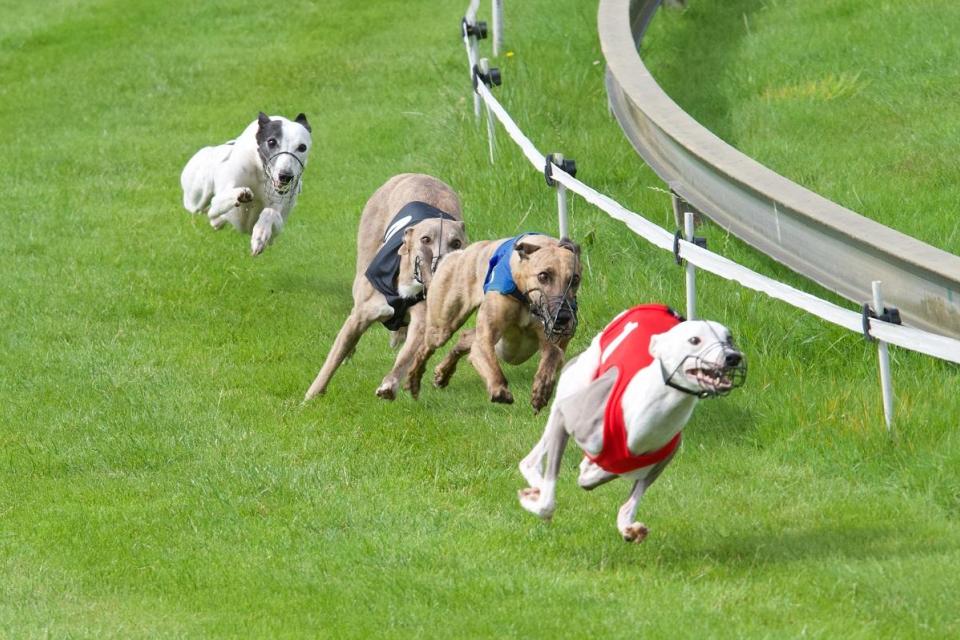New Zealand has announced plans to ban greyhound racing by 2026, citing persistent concerns about the welfare of racing dogs. Despite efforts to reform the industry, the injury and fatality rates among greyhounds remain alarmingly high, according to Racing Minister Winston Peters.
“While the greyhound racing industry has made strides in recent years, the level of injuries sustained by dogs has not decreased enough,” said Peters, who also serves as Deputy Prime Minister. “The time has come to act decisively in the best interest of these animals.”
Greyhound Racing Faces Global Scrutiny
New Zealand joins a growing list of nations rethinking the ethics of greyhound racing. Currently, the sport remains legal in only a handful of countries, including the United States, Australia, Britain, and Ireland.
The industry has faced mounting criticism globally over its treatment of racing dogs. Peters acknowledged that New Zealand’s greyhound racing organizations had made considerable efforts to address these concerns, but he concluded that the current level of harm to the animals was “unacceptably high.”
Industry Reacts to the Decision
The announcement dealt a significant blow to the greyhound racing industry. Sean Hannan, chairman of Greyhound Racing New Zealand (GRNZ), expressed deep disappointment, emphasizing the reforms and investments made in recent years.
“This decision is a devastating setback for an industry that has worked tirelessly to lead the wider racing sector in its commitment to animal welfare,” Hannan said in a statement. “This isn’t just about the sport; it impacts families, businesses, and communities who have dedicated their lives to caring for and racing greyhounds.”
He also highlighted the broader economic implications, noting that more than 1,000 people are employed in the greyhound racing sector.
Legislative and Welfare Efforts
The government has proposed a bill to curb unnecessary deaths among racing dogs and announced plans to introduce legislation next year to completely outlaw the sport. The proposed ban will allow for a phased transition over the next 20 months, during which the industry can provide feedback on the legislation.
In addition, Peters emphasized that the government would collaborate with animal welfare organizations to rehome the approximately 2,900 greyhounds affected by the ban.
Animal Welfare Advocates Celebrate
Animal welfare groups have welcomed the government’s decision, calling it a landmark moment for animal rights in New Zealand.
“Thank you for listening to the evidence, the experts, and the public,” said Dr. Arnja Dale, Chief Scientific Officer of the SPCA. “This decision paves the way for these dogs to live the good lives they deserve. We are absolutely thrilled that GRNZ has finally been directed to cease operations after being given so many ‘last chances.’”
Dr. Dale also expressed hope that New Zealand’s move would inspire other countries to reevaluate their stance on greyhound racing. “We urge the remaining nations with commercial greyhound industries to follow New Zealand’s bold example,” she added.
Looking Ahead
The decision marks a significant shift in New Zealand’s approach to animal welfare and sends a strong message to the international community. While it’s a victory for animal rights advocates, it also raises questions about how the affected families, workers, and businesses will adapt to the ban. For now, the focus will remain on ensuring a smooth transition and rehoming the greyhounds, allowing them to enjoy a safer, more fulfilling future.
![]()
